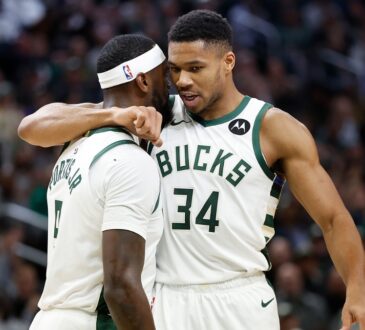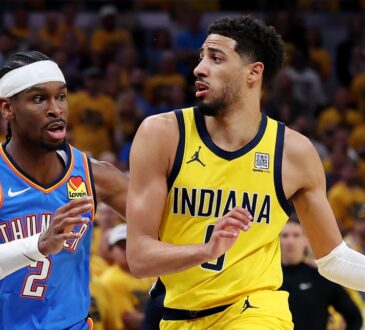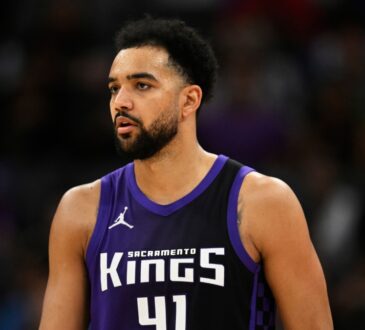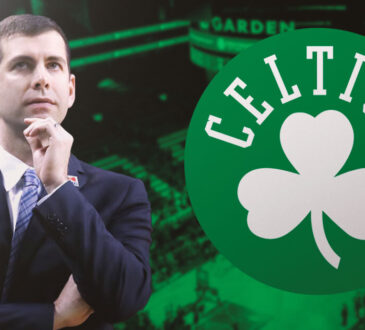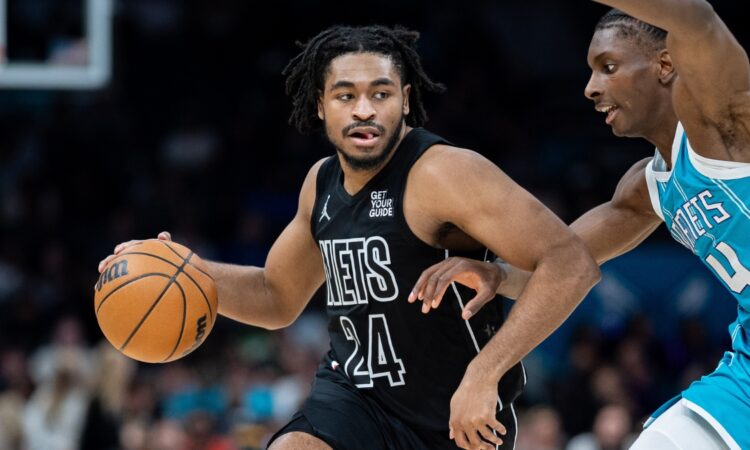
Cam Thomas remains one of the most prominent restricted NBA free agents without a deal. After a breakout 2024–25 season in which he averaged a career-best 24.0 points and 3.8 assists, the Brooklyn Nets guard entered the offseason expecting a substantial payday.
Instead, nearly a month into free agency, he’s still unsigned and is caught between lofty contract demands and a league hesitant to meet them.
Brooklyn has reportedly offered Thomas a two-year, $28 million contract with a team option. Thomas, however, is seeking a four-year deal worth close to $100 million. The significant gap between the two sides has stalled negotiations, and with few teams in a position to make competitive offers, Thomas’s leverage continues to shrink.
Utah Jazz Hold the Cap Space, But Isn’t Buying the Fit
One major issue is the lack of cap space league-wide. As of July 25, the Utah Jazz are the only team aside from Brooklyn with meaningful spending power. But league sources are skeptical about Utah’s interest.
“Utah holds the cards for restricted free agency if they want to. It’s not just Cam, but he’s one of the RFAs who I don’t see as being appealing for the Jazz. They’re building around defense, size, and versatility,” a Western Conference scout explained to FastbreakJournal.com. “Cam is a pure scorer, but he doesn’t fit the long-term vision they’re selling internally.”
Instead, executives believe Utah is better suited to pursue other restricted free agents who offer two-way upside, namely Quentin Grimes of the Philadelphia 76ers, who also remains unsigned.
“If Utah uses that cap space, it’ll be for someone like Quentin Grimes, someone who can knock down threes and guard multiple positions, but still can create off the dribble,” an Eastern Conference executive told FastbreakJournal.com. “He’s also shown flashes as a scorer and playmaker in Philly. He’s shown he can grow into a more complete player in the right system. That’s a different type of bet than what you’re making on Thomas.”
NBA Front Offices See Cam Thomas as a Microwave Bench Scorer
Criticism of Thomas’ game has also emerged as a factor. While his scoring ability is unquestioned, some league observers are skeptical of his overall impact.
“He can flat-out score, no doubt about that,” said an Eastern Conference scout in a recent conversation with FastbreakJournal.com. “But teams want more than a bucket-getter at that price point. You’re talking $25–30 million per year — there’s got to be some defensive buy-in, some playmaking, some winning impact. That’s where the hesitation is.”
Those questions extend beyond the style of play and into roster-building philosophy. As one Western Conference executive put it, the challenge isn’t just about what Thomas does well, it’s about how much a team is willing to invest in that skill set.
“If you’re building a team, are you giving Cam Thomas that kind of money to be your top option? Probably not. And if he’s your third guy, that’s a big number for someone who doesn’t defend or create for his teammates at a high level,” the executive told FastbreakJournal.com.
Cam Thomas’ Asking Price Must Come Down?
Even some front office members intrigued by his scoring prowess are reportedly wary of making a long-term commitment. It appears there needs to be a compromise in his asking price.
“He’s a talented scorer, but he’s kind of stuck in the middle right now. He wants star money, but a lot of teams see him more like a microwave scorer off the bench,” a veteran scout for a team who made last year’s playoffs told FastbreakJournal.com. “That disparity is what’s keeping him on the market.”
As the standoff continues, Thomas appears increasingly likely to accept the Nets’ $5.9 million qualifying offer. Doing so would allow him to hit unrestricted free agency in 2026 and give him veto power over any trades during the upcoming season. It’s not the outcome Thomas envisioned when the offseason began, but it may be the only path left for him to regain control over his value.

